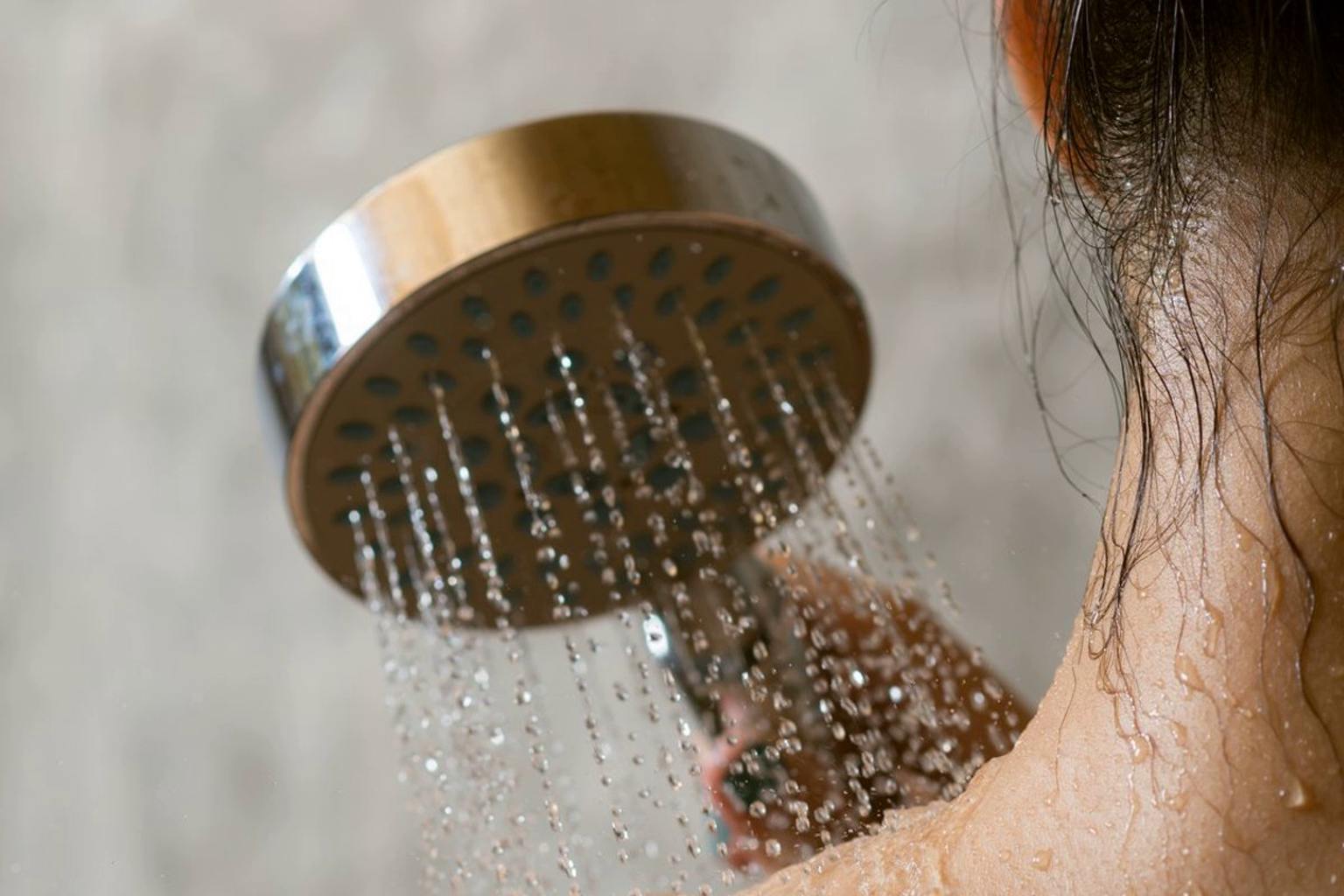Have you ever wondered if showering every day is truly necessary? For Dr. James Hamblin, a public health physician and Yale lecturer, the answer was a clear no—so much so that he stopped bathing with soap and shampoo more than eight years ago. What began as a personal experiment has sparked fresh conversations about our most basic hygiene habits and how they affect our skin’s ecosystem.
Dr. Hamblin’s journey wasn’t a wild impulse but a carefully thought-out decision to explore what daily use of hygiene products really does to our bodies. His message is simple yet revolutionary: many soaps and shampoos disrupt the natural balance of bacteria on our skin. These bacteria, known as the microbiome, play a crucial role in protecting and nourishing our skin.
Rethinking daily hygiene and its impact on skin health
At first, giving up on soaps and shampoos meant Dr. Hamblin faced a transition period—a few months when his body developed a stronger body odor. But eventually, this faded away. Today, his entire cleaning routine involves just water. No soaps, no deodorants, no shampoos. The scent vanished, replaced by a healthier, more balanced skin environment.
His approach challenges the ingrained belief that daily scrubbing is mandatory for cleanliness. He argues that much of what we do is driven by social norms, not medical necessity. “We shower because it’s what society expects,” he says. Dr. Hamblin’s insights are detailed in his book Clean: The new science of skin, where he explores how excessive washing might harm the protective functions of our skin rather than help them.
Looking after the skin microbiota by cutting back on chemical products, he explains, can strengthen our natural defenses rather than weaken them. Many commercial products, he claims, kill off the helpful bacteria and leave skin vulnerable to irritation and imbalance.
How less chemical use can support skin’s natural defenses
This personal experiment is far from just a quirky lifestyle choice. Health professionals studying the skin’s ecosystem have grown curious about Dr. Hamblin’s claims, even if they stress his approach won’t suit everyone. For people with chronic skin issues or infections, specialized care remains essential.
However, the broader idea that we might not need to rely so heavily on a complex arsenal of soaps, shampoos, and deodorants is gaining ground. By letting the skin’s own bacterial community flourish, some are discovering fewer irritations and a more resilient skin barrier.
I recall once trying a soap-free wash routine myself after reading about balanced skin health. The first few days were tough; my skin felt sticky and uneven, but about a week later my face felt smoother and less dry than usual. It turned out that constantly stripping skin with strong cleansers had left it sensitive and reactive.
Dr. Hamblin emphasizes it’s not an invitation to stop hygiene altogether—it’s a call to reconsider what good hygiene truly means. His routine still involves rinsing with water, just skipping products that can disrupt the skin’s natural environment.
The surprising benefits of a minimalist approach to hygiene
Besides skin health, another benefit Dr. Hamblin mentions is the positive impact on the environment. Cutting back on chemical products means fewer harmful substances getting flushed into waterways. Plus, fewer cosmetics bought means less waste and packaging polluting the planet.
As this idea circulates, it opens up a vital discussion: how do we balance society’s demands with our body’s needs? Could fewer showers or simpler routines not only improve health but also boost confidence and self-care habits?
Have you ever thought about dialing back your use of soaps and shampoos? Does your skin respond well to stripping it down, or do you find you need extra care? Share your experience. Could a less-is-more approach be the key to healthier skin and a clearer conscience about our environmental impact?
Let’s keep the conversation going. Comment below, share your thoughts, or pass this on to someone curious about redefining cleanliness. Sometimes, the healthiest routines are those we dare to rethink.

Excessively washing or bathing, is 1 thing. Not washing using gentle soaps or at all is something else. Washing even with just water will get rid of dead skin cells and oils. BTW, I don’t understand the rationale behind this?!
I agree with using less soaps and shampoos at the same time using just water on my face as well as body most of the time. I’m in my mid seventies and do not need deodorant every day. This must be good for my skin.
I think using water and a microfiber cloth for the smelly private areas is working for sometimes for me. I still have days where I have body odor that does not go away. I have been using Katherine haircare on YouTube for rinsing my hair routine with rahousal clay. In my 60s and graying in patches. Working on a full body care system to stop the chemical use.